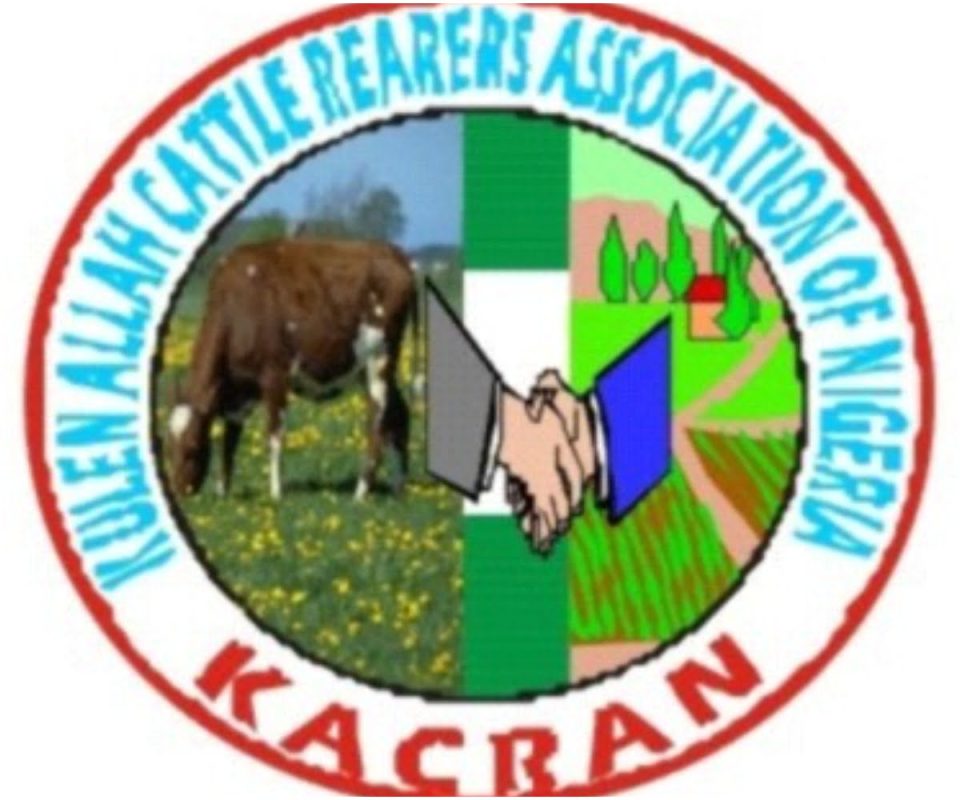The Kulen Allah Cattle Rearers Association of Nigeria (KACRAN) has urged the governments of the 19 Northern States to provide livestock feed as relief assistance to pastoralists.
This appeal comes following the Federal Government’s allocation of N50 billion towards the Pulaaku initiative led by President Bola Tinubu, aimed at enhancing the livestock sector and ensuring the well-being of pastoralists.
The KACRAN president, Khalil Bello, expressed support for the reappointment of the North East Development Commission (NEEC) board members on Tuesday. He described it as a sign of the government’s ongoing commitment to rehabilitating the region devastated by Boko Haram and ensuring continued support services for the affected communities.
According to him, “As the primary beneficiaries of government initiatives aimed at advancing livestock development, KACRAN implores the Northern State Governments to participate actively by acquiring and distributing critical animal feed to pastoralists within their jurisdictions.
“The rationale for this appeal is rooted in several vital points which are: President Tinubu’s administration has demonstrated a clear commitment to supporting the livestock sector, intending to improve security in the Northern regions and alleviate the hardships of our citizens.”
He emphasized that the strategic reappointment of members to the North East Development Commission (NEDC) is an indication of the federal government’s commitment to improving herding practices and benefiting the Nigerian populace as a whole.
He said, “The strategic reappointment of NEDC members illustrates the Federal Government’s intent to enhance herding practices and benefit the Nigerian populace comprehensively; With the NLC’s primary focus on workers’ rights, KACRAN underscores the necessity to speak up for the silent livestock population, which is integral to our national interest.
“Livestock, lacking the ability to communicate distress, require our stewardship to ensure their needs are met and considered by government policies.”
Bello explained that the removal of oil subsidy has had significant repercussions for the livestock sector, potentially surpassing the impact on human populations.
“The repercussions of oil subsidy removal have been pronounced for livestock, arguably surpassing the impact on human populations; The health and upkeep of livestock are inextricably linked to the welfare of humans, emphasizing the importance of holistic palliative measures.”
He further pointed out that the scarcity of animal feed, stemming from current culinary practices aimed at minimizing waste, worsens the challenges faced by the livestock industry.
Highlighting the support for livestock welfare provided by developed nations through governmental aid, he urged for similar provisions in Nigeria.
He emphasized the importance of inclusive palliative actions across all government tiers, particularly in the Northern region, which serves as a hub for livestock production.

